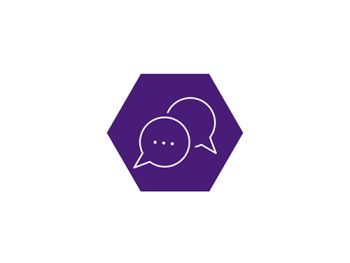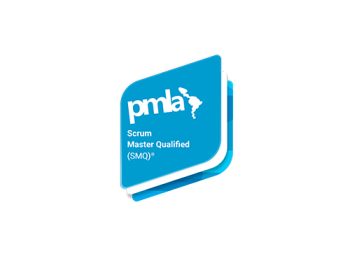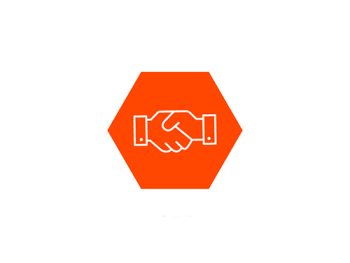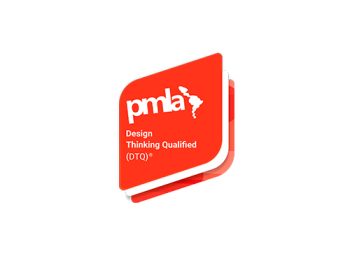In the most diverse settings and contexts of the personal, family, social, business, political world, etc., to achieve their objectives, individuals and organizations need to articulate interests, manage differences, resolve conflicts and generate agreements; they need to negotiate.
This program contains the following workshops – each with the option of consulting and coaching sessions.
NEGOTIATION: LEADING WITH THE HARVARD UNIVERSITY MODEL
NEGOTIATION: PREPARATION OF REAL CASES
THE HUMAN FACE OF NEGOTIATION
NEGOTIATE

NEGOTIATE
-
 Consulting, Implementation, Services, Training
Consulting, Implementation, Services, TrainingDiscern
To resolve conflicts, generate options and make decisions requires creative thinking; able to elaborate, compare, reframe and choose, able to discern.
Face-to-face workshops
On-line version
-
 Consulting, Implementation, Services, Training
Consulting, Implementation, Services, TrainingLEAD
Change is a constant; reality moves. Organizations need to make changes, and changes need leaders. It is essential that someone be on the leadership side of change.HIGH PERFORMANCE TEAMS
LEADING THE CHANGE
Face-to-face workshops
On-line version
-
 Consulting, Implementation, Services, Training
Consulting, Implementation, Services, TrainingCOMMUNICATE
Leading, persuading, connecting and influencing are the different forms that the verb to communicate takes. There is no possible relationship without communication. It is an essential skill, resource, and vehicle.
Face-to-face workshops
On-line versionThis program contains the following workshops – each with the option of consulting and coaching sessions:
LEADING WITH QUESTIONS
DIFFICULT CONVERSATIONS
EFFECTIVE ORAL PRESENTATIONS
NEGOTIATION: LEADING WITH THE HARVARD UNIVERSITY MODEL
What makes good negotiators different is that they have a map that orders their thinking, allows them to get on the balcony and take perspective to identify the challenges of the negotiation and prepare to lead the process and achieve their objectives.
In this workshop we will see what are the elements that must be taken into account in any negotiation process.
This training will provide you with techniques and tools to:
- Order your ideas and systematize the way of preparing, conducting and evaluating complex negotiation processes.
- Develop your negotiating skills.
- Get more efficient and creative results in every negotiation
- Increase your ability to address and resolve conflicts by creating value from differences.
- Work as a team in preparing and conducting your negotiations.
- Be assertive in front of difficult negotiators.
- Build long-term relationships
- Extract learning from each negotiation.
NEGOTIATION: PREPARATION OF REAL CASES
Through this application session the group will use its knowledge and the tools acquired in real situations, typical of the organization.
This training will provide you with techniques and tools to:
- Analyze difficult situations in real life, but in a safe and laboratory environment.
- Practice what you have learned in the negotiation workshop, the necessary path to develop a skill and eventually to create tools specially designed for your own type of negotiations.
- Begin to share a common model and language, the basis for being able to extract useful learning for the entire organization.
- Improve the chances of success of complex negotiations in progress.
- Post-evaluation of the results of the negotiations that were prepared in the workshop.
- Extract a set of general rules, common sense rules (basic recommendations) of the Organization to learn from experience
THE HUMAN FACE OF NEGOTIATION
Participants will have the opportunity to get to know and practice with the contributions that the new behavioral sciences have made to the field of negotiations, joint problem solving, leadership and persuasion. We will share the new developments in the methodology, especially in the field of communication and relationships and their repercussions.
This training will provide you with techniques and tools to:
- Identify the masters and skills of the great negotiators.
- Develop the ability to observe and identify the key signs and variables of behavior.
- Practice techniques to “put ourselves in the other’s place”.
- Develop the ability to ask and explore the “mind map” with which our interlocutor conducts himself.
- Develop the flexibility to present ideas based on the profile of the interlocutor.
- Know the keys to generate a climate of credibility and trust










